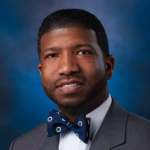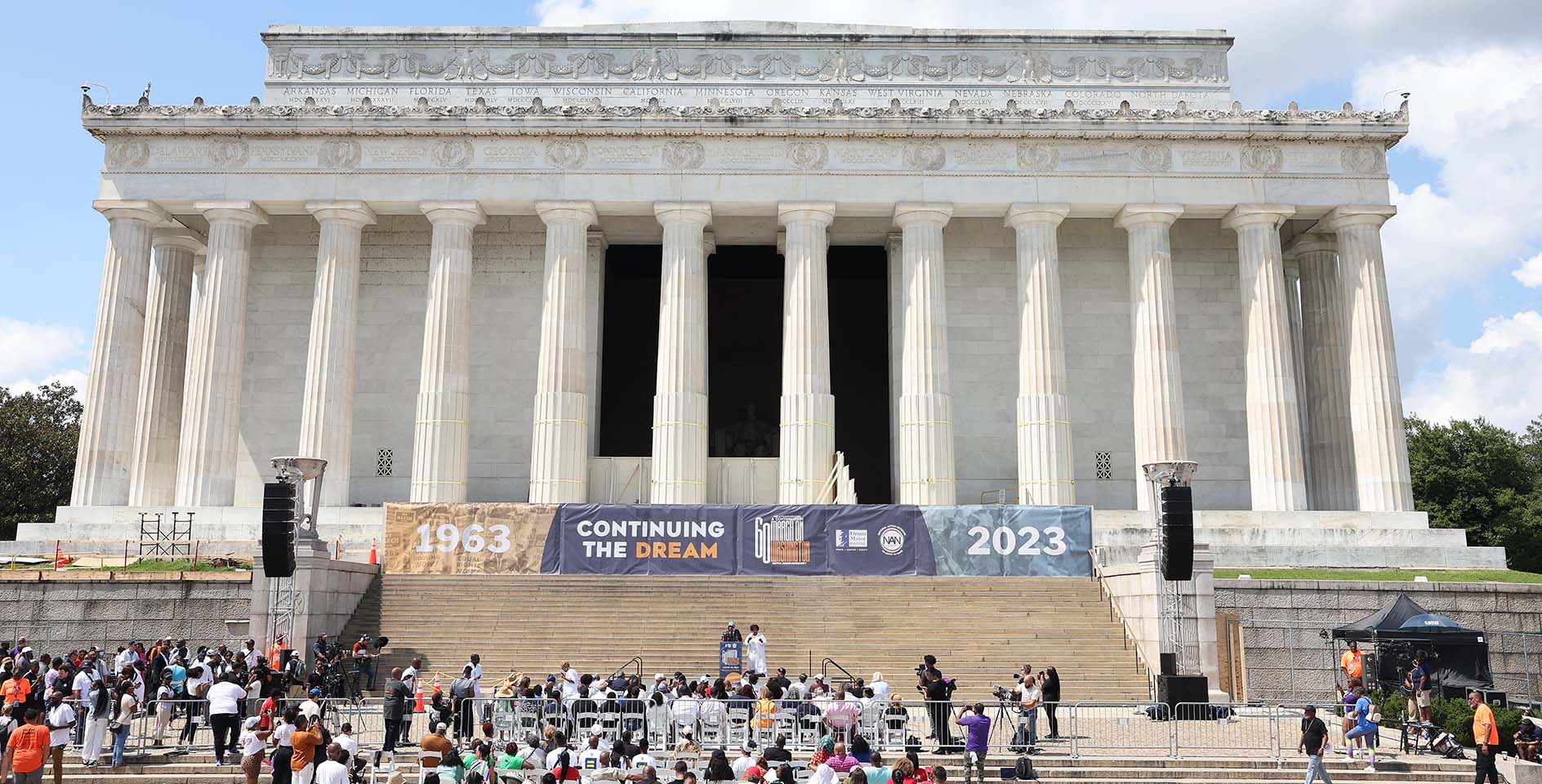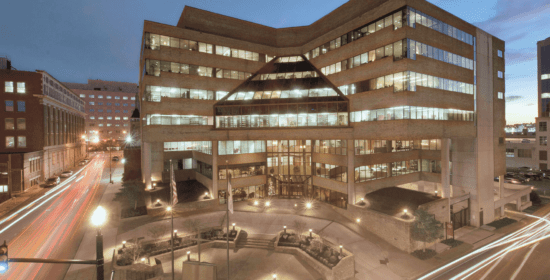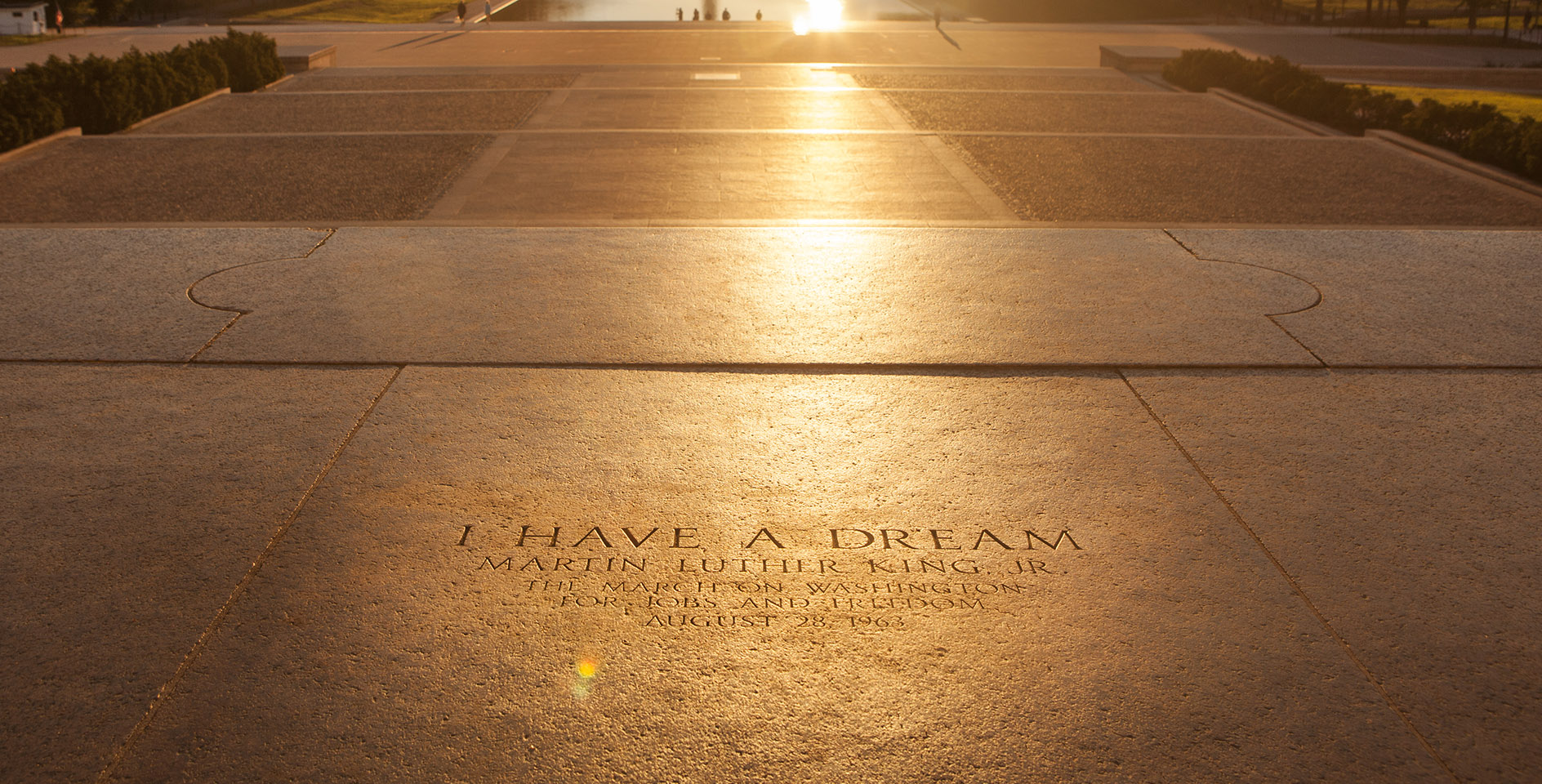In 1963, Rev. Dr. Martin Luther King Jr. sat in a Birmingham jail and penned a “patient and reasonable” response to clergy who criticized his visit as “unwise and untimely.” Though these preachers weren’t in denial of racial injustices, they nevertheless maintained that this fight was better fought in the courts and not in mass demonstrations.
King, however, was invited to the Alabama city to redress the violence and segregation terrorizing black citizens there. King wrote, “There have been more unsolved bombings of Negro homes and churches in Birmingham than in any other city in the nation.” Due to grandeur of the problems, legal recourse had to be met with direct action, King affirmed. Birmingham was a dangerous city for blacks, and King was called upon to do something about it.
His masterful letter wasn’t addressed to the Klan or members of the Citizens’ Council, though. The Baptist preacher was writing to white moderates of “genuine good will,” men and women who claimed that everyone was equal in the eyes of God but who did little to correspond that belief to the social order. They were silent in the face of black suffering.
There’s more to be done
As we approach the 50th anniversary of King’s assassination, much of the white church has remained largely silent about the struggle for justice we are still engaged in, because addressing justice issues brings you under suspicion of being liberal, or worse, brands you with shame attached to freedom loving Christians 50 years ago who dared called out American racial idolatry and hypocrisy. As economic, educational, and opportunity inequities persist, the proverbial “color line” around these matters persists also.
To be sure, there was, in the words of Russell Moore, a prophetic minority of white evangelicals—then and now—who understood the biblical mandate for justice and righteousness. Though rare and often unsung, these white pastors counter-culturally preached against the civil religion of Jim Crow Christendom. And it cost them. As they prophesied against Babylon, they were fired from their churches. Some were even killed because they loved Jesus more than comfort. Their testimonies should be told, not only so that black brothers and sisters know their names, but more importantly, so that white Christians can know their courage.
Indeed, there were and are white followers of Jesus who get the gospel’s social implications and its justice demands. But, alas, as Dr. King noted in his letter, more could have (and should be) done. Listen again to King’s words:
I am not unmindful of the fact that each of you has taken some significant stands on this issue. I commend you, Reverend Stallings, for your Christian stand on this past Sunday, in welcoming Negroes to your worship service on a nonsegregated basis. I commend the Catholic leaders of this state for integrating Spring Hill College several years ago.
But despite these notable exceptions, I must honestly reiterate that I have been disappointed with the church. I do not say this as one of those negative critics who can always find something wrong with the church. I say this as a minister of the gospel, who loves the church; who was nurtured in its bosom; who has been sustained by its spiritual blessings and who will remain true to it as long as the cord of life shall lengthen.
MLK50 and loving our neighbor
When thousands gather in Memphis for the MLK50 Conference, I pray that there will be a reckoning with this. What is needed now isn’t evangelical platitudes. What we need is solidarity that manifests interracial love of neighbor. MLK50 is a time for us as the church to take seriously the prophetic and priestly dimensions of our justice and mercy responsibility, our commitment to the Great Commandment and the Great Commission. It's a time for us to seek to be faithful to the whole counsel of God.
This also means that white evangelicals should listen to their minority brothers and sisters who appreciate that Jesus and justice aren’t antonyms. To follow Jesus is to follow the one anointed with the Holy Spirit to preach the gospel to the poor, heal the brokenhearted, preach deliverance to the captives, recover sight to the blind, liberate the oppressed, and preach the Father’s jubilee (Luke 4:18-19).
I'm, therefore, thankful that the ERLC and TGC are co-hosting the MLK50 Conference and honored to be a part of it. This historic moment isn't a time of reflective action just for the black church or liberals, but also for conservative evangelicals who have much to repent for, and something to be grateful for. Theologically conservative evangelicals can be thankful for the prophetic remnant of pastors and lay leaders who in the face of ostracism and shame stood up for the true gospel of grace and thus against the evils of a Christianity wrapped around the Confederate flag.










